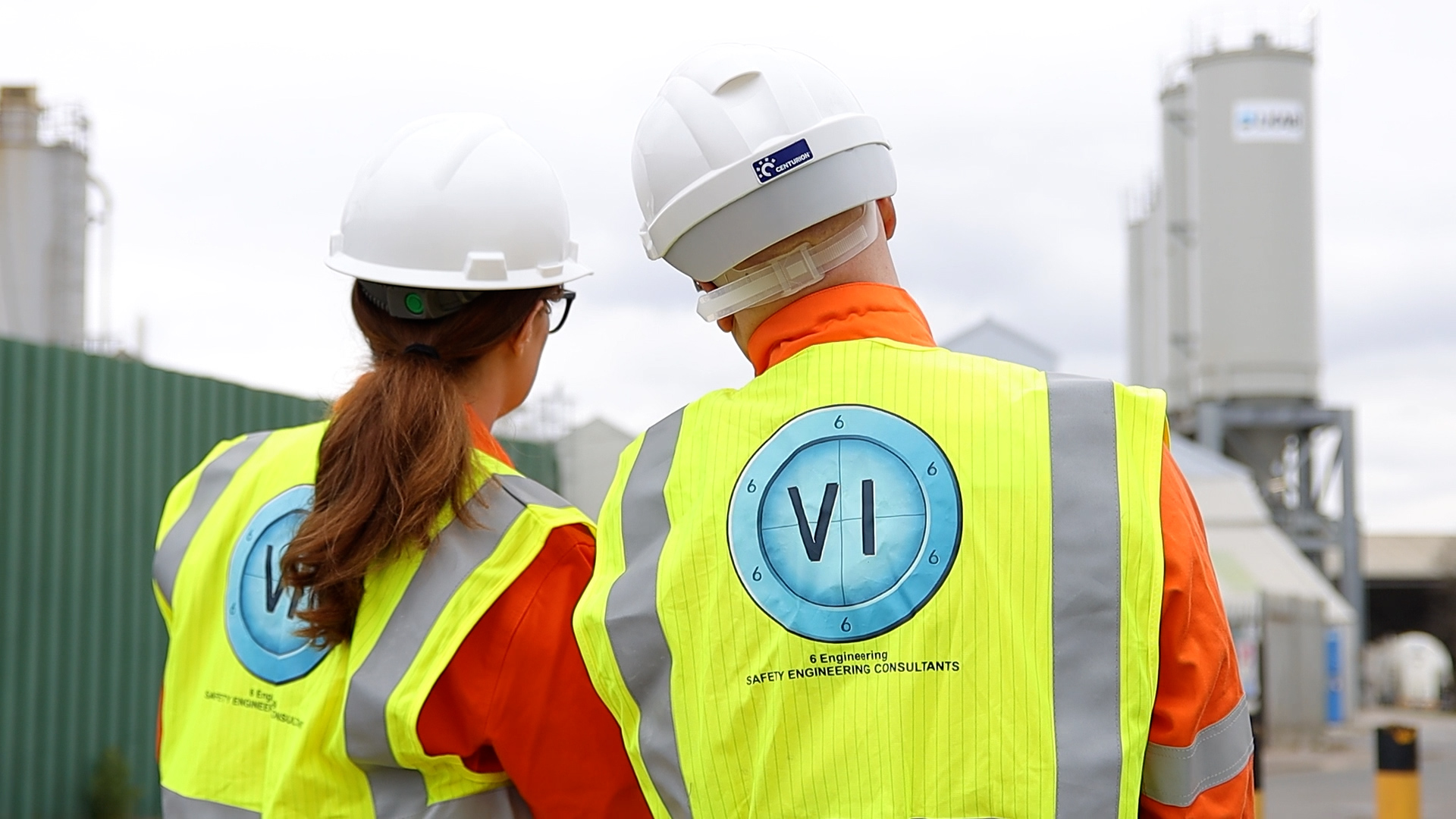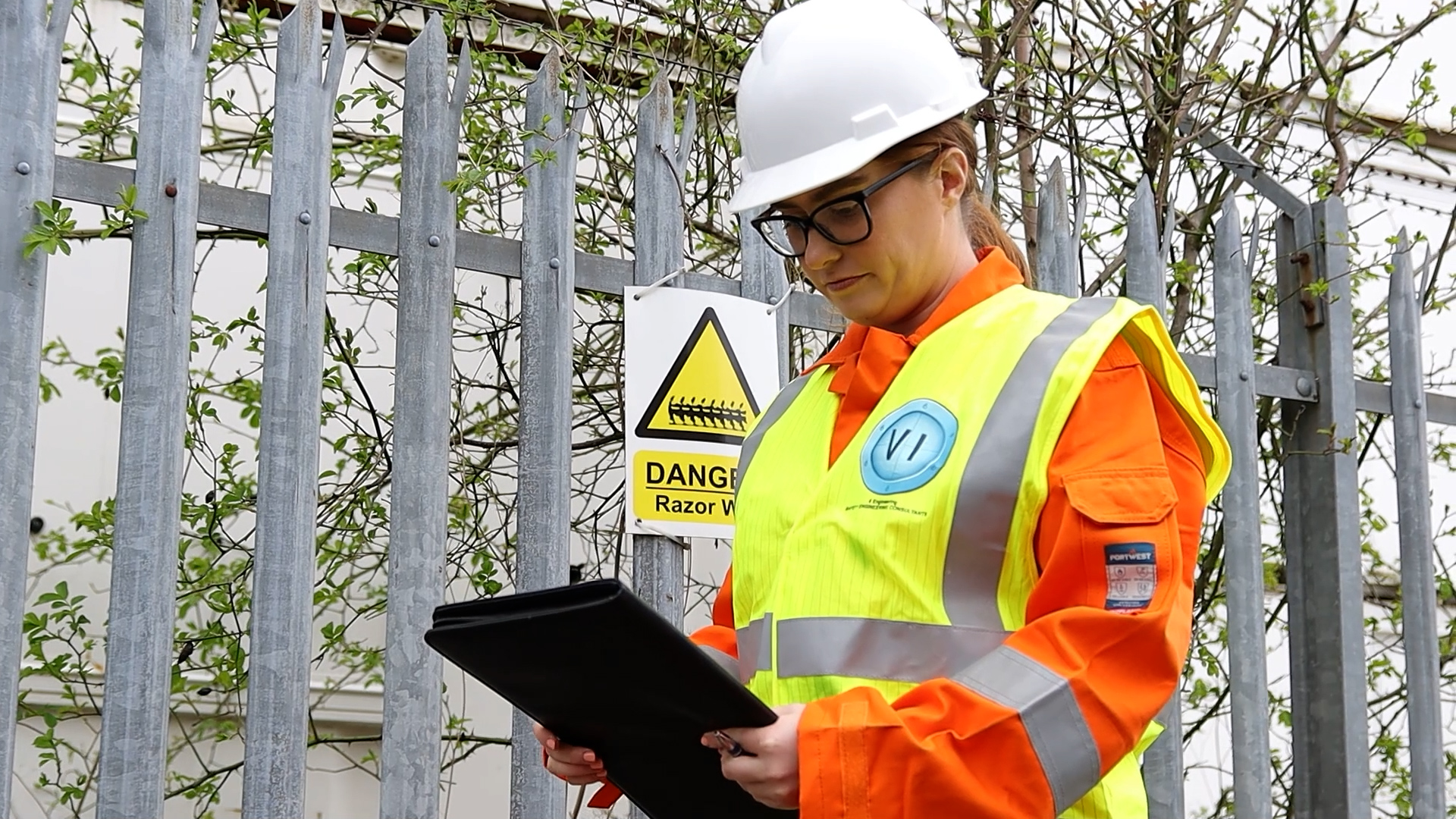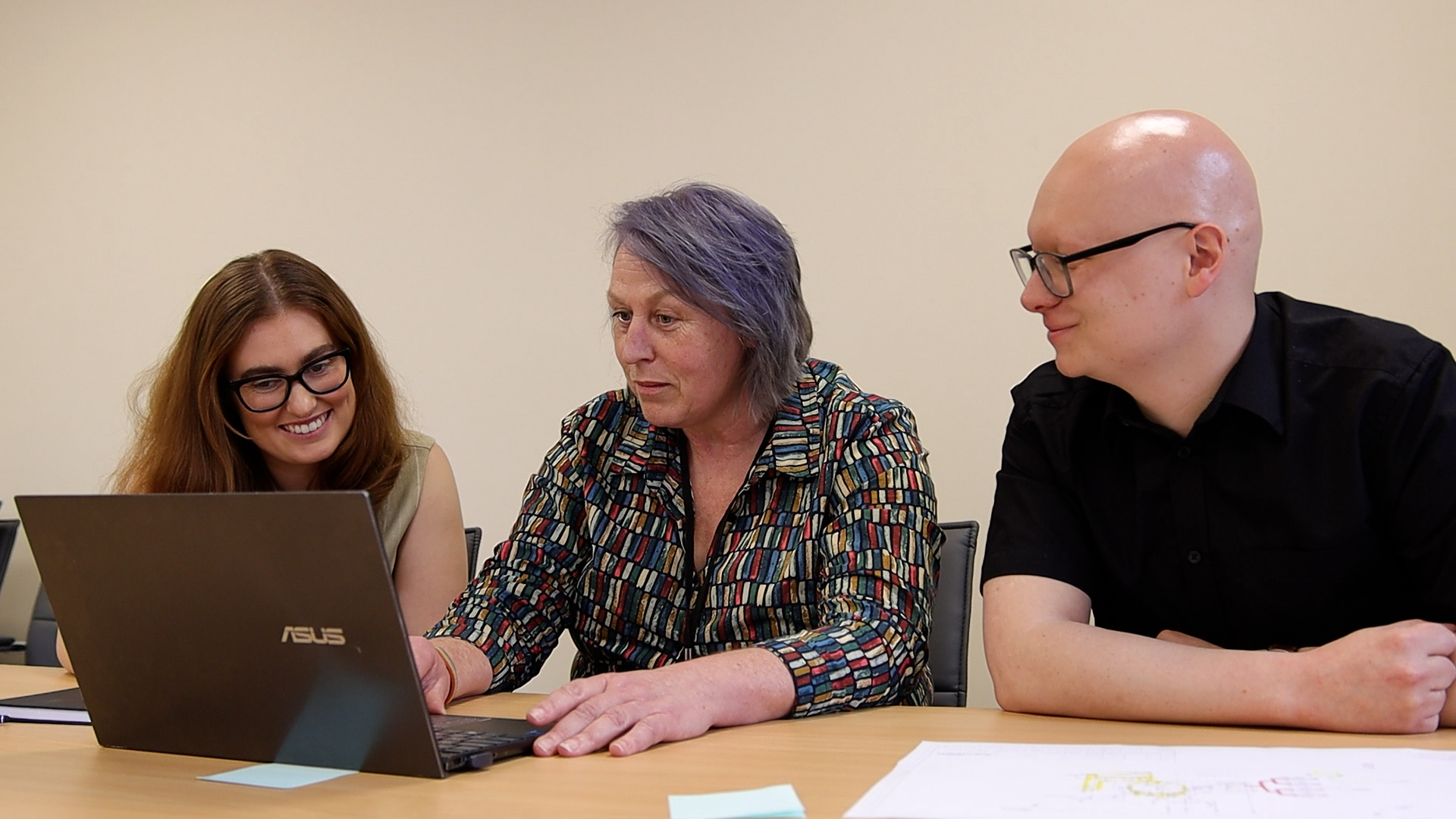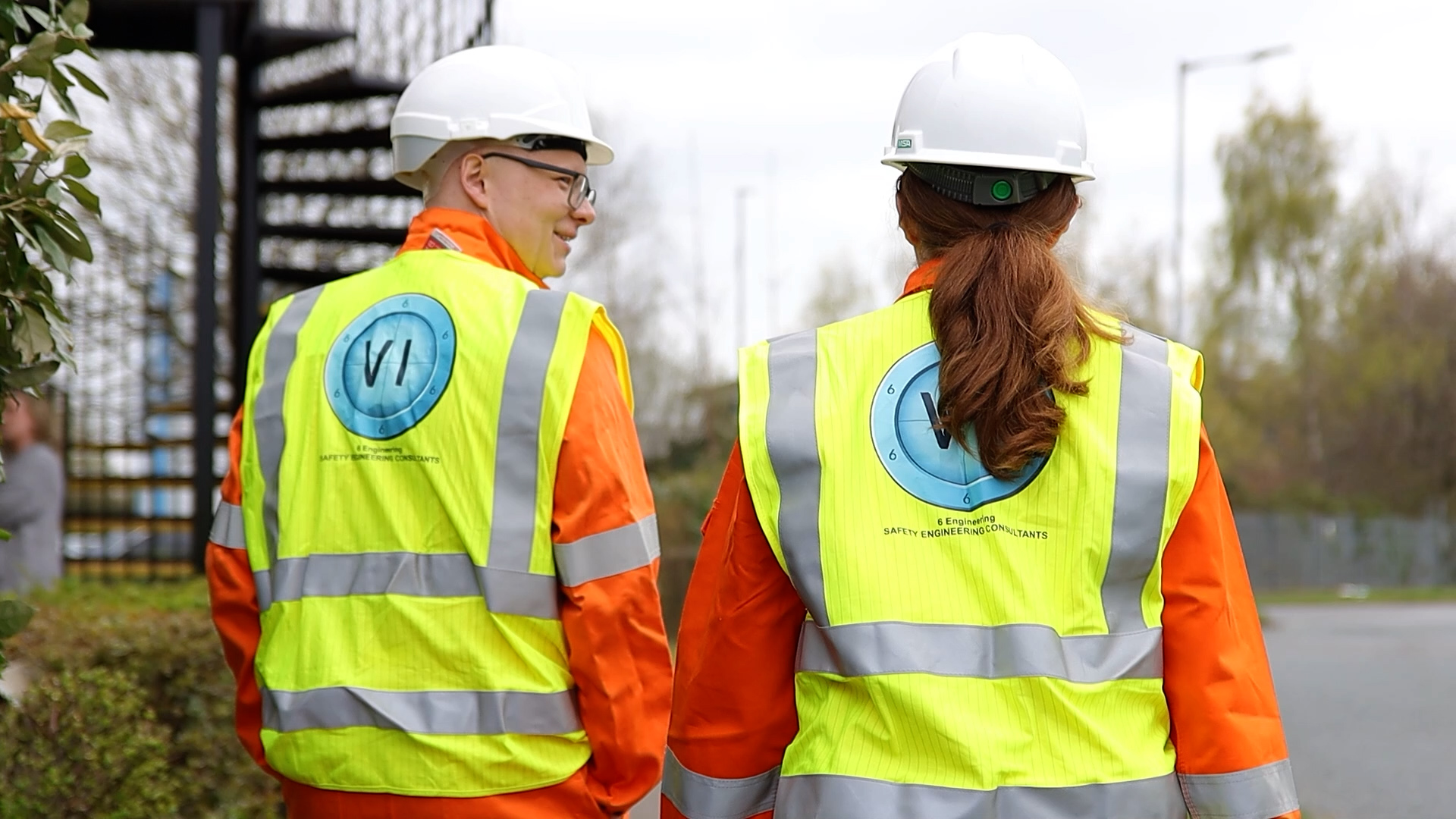What Design In Functional Safety Involves
Design is the stage where every decision counts. We support your engineering team by preparing clear requirements for what your system needs to do, and making sure what’s produced can perform as intended.


Once you know your process risks, you need to design around them with good intentions and proven systems that deliver the right response, at the right time.
Design is where risk assessments become real-world protection: systems, signals, and logic that prevent the worst from happening.
There's more to safety interlocks than selecting SIL-rated equipment. It’s about designing systems that meet the exact protection level required, without overengineering or leaving critical gaps.
Whether we’re starting from concept or refining a detailed design, we bring structure, clarity, and decades of real experience to the table.

Good design saves lives, time, and cost. Poor design risks everything.
By applying functional safety principles early and rigorously, you avoid expensive redesigns and missed compliance. Worst of all, without proper design, systems may not function when needed.
We help you get it right the first time, by helping your team to produce practical designs that hold up under scrutiny and stand the test of time.
We’ve worked with COMAH sites, brownfield upgrades, new installations, and everything in between.
Our team understands the IEC 61511 framework inside-out, and we make sure every requirement, from diagnostics to proof test intervals, is rooted in solid engineering and realistic expectations.
We know what to look for, and what to avoid.
We don’t design for diagrams, we design for people, places, and real-world environments.
From response times and sensor placement to logic solver configuration, we help your team create systems that function reliably in real-world conditions, not just on paper.
When it comes to safety, theory alone isn’t enough.

Whether you’re starting from a blank page or need a second opinion on an existing system, we’re here to help. Let’s turn your risk assessments into safe, functional systems that work when it matters most.